Forage
All Forage Content
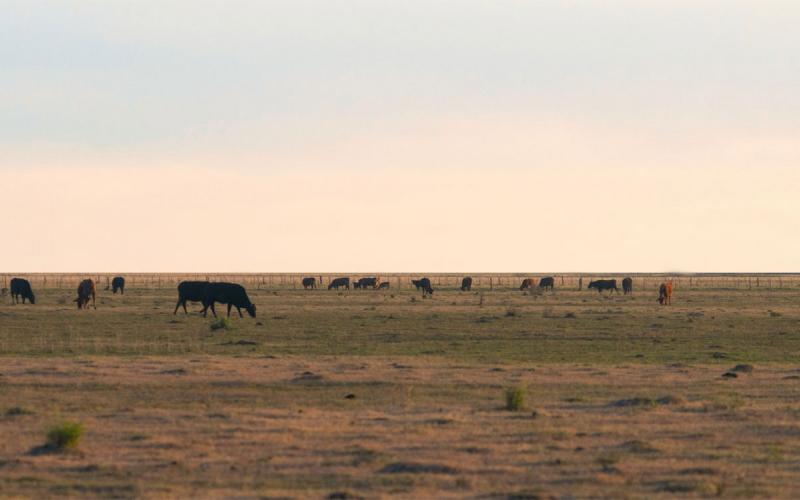
Producer Views on Patch Burn Grazing vs. Winter Patch Grazing in S.D.
Traditional rangeland management promotes uniform forage utilization, yet causes detrimental effects on the richness of plant species and wildlife habitat. Therefore, management practices that increase heterogeneity in vegetation play an important role in developing habitat types and preserving grassland wildlife species.

Supplementing Cows on Pasture to Stretch Forage Supplies
With dry conditions spreading quickly across the Dakota’s, producers are forced to make challenging decisions on how many cow/calf pairs to turn out to pasture, and then determine how long the pastures will even last if moisture doesn’t come soon. During the spring/summer months, supplementing grass with energy and protein can decrease forage dry matter consumption.
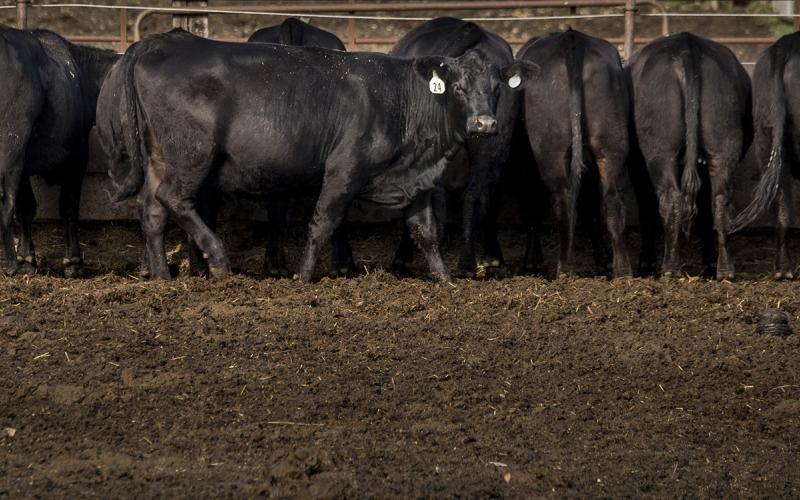
Feeding Damaged Wheat to Cattle
Feeding damaged wheat to livestock is one way to salvage value from the crop. Wheat can work well in cattle diets with some limitations.
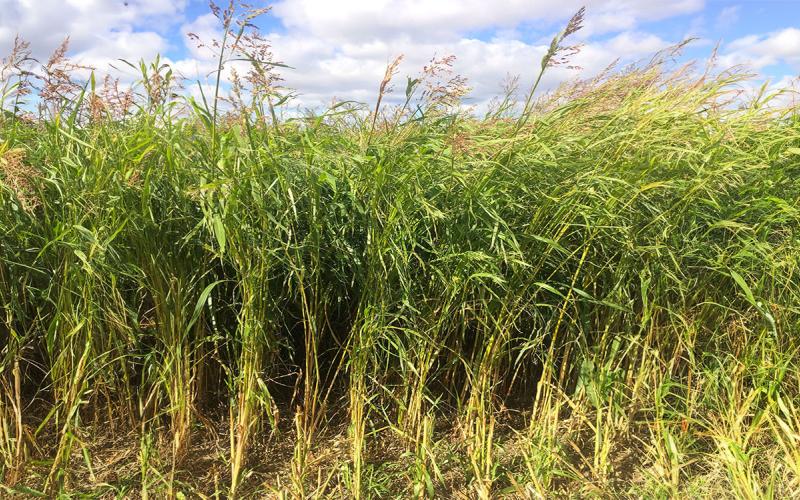
Your Cash Crop Flooded Out. What’s Plan B?
With significantly higher than normal precipitation in eastern South Dakota, many producers will soon be seeking a "Plan B" for their flooded-out row crops.
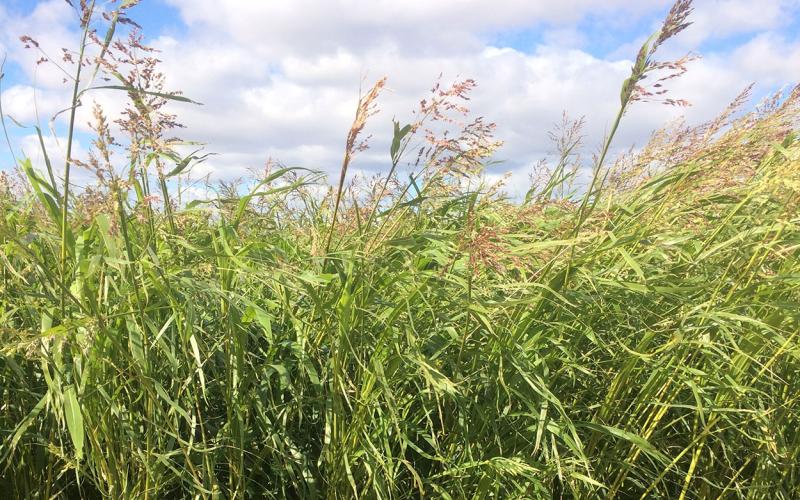
Using Annual Cover Crops and Forages in Lieu of Row Crops
Although there are many factors to take into consideration, annual forages and cover crops can be an excellent tool to mitigate challenging planting seasons.

Extend the Grazing Season With Cover Crops
When hay prices are high, extending the grazing season is key. Grazing cover crops in the fall and spring can extend the grazing season and reduce feed costs.
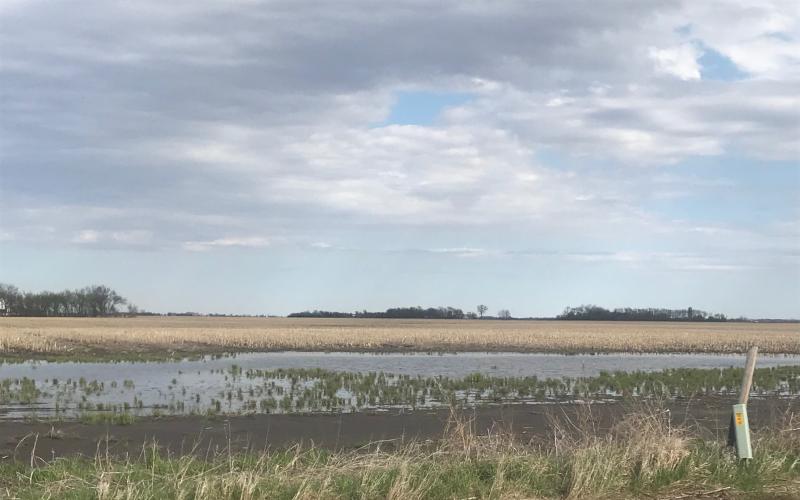
Delayed Planting Challenges: Cover Crop Considerations
High waters and saturated soils across many counties in South Dakota have producers worried about getting their crops planted in a timely manner this spring. In many areas, typical cash crops will not be a possibility. Producers may need to develop alternative plans.
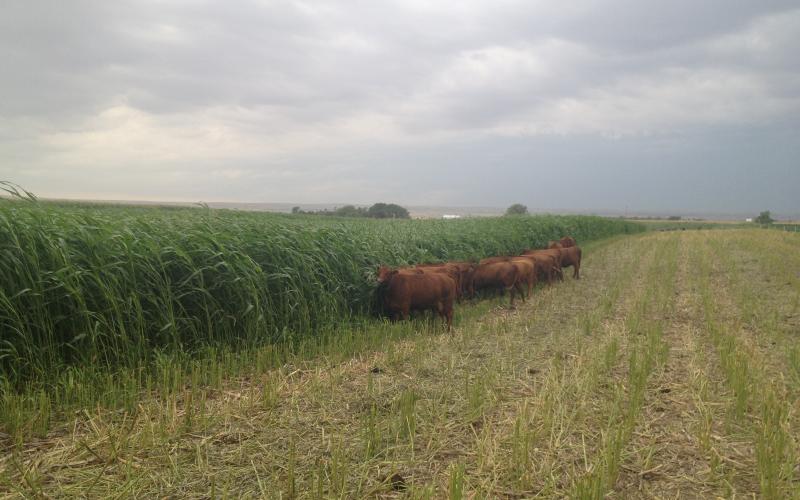
Delayed Planting Challenges: Alternative Forages
With the excessively wet planting conditions much of South Dakota is now experiencing, many producers are looking for “Plan B” to meet forage needs for their livestock, or as a commodity that can be marketed to livestock producers.
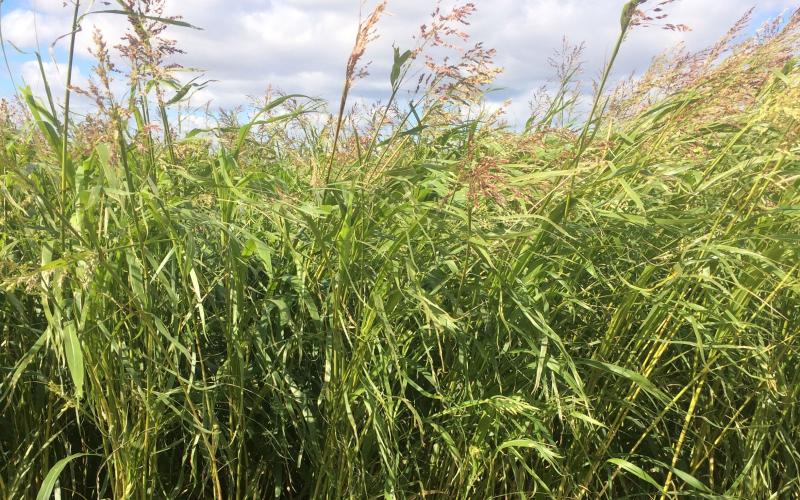
Cover Crops 2019: What to Plant When
As many Midwest producers look to cover crops to build soil health and provide supplemental forage after a soggy spring, many questions are arising regarding management decisions, specifically, species selection and planting timing.
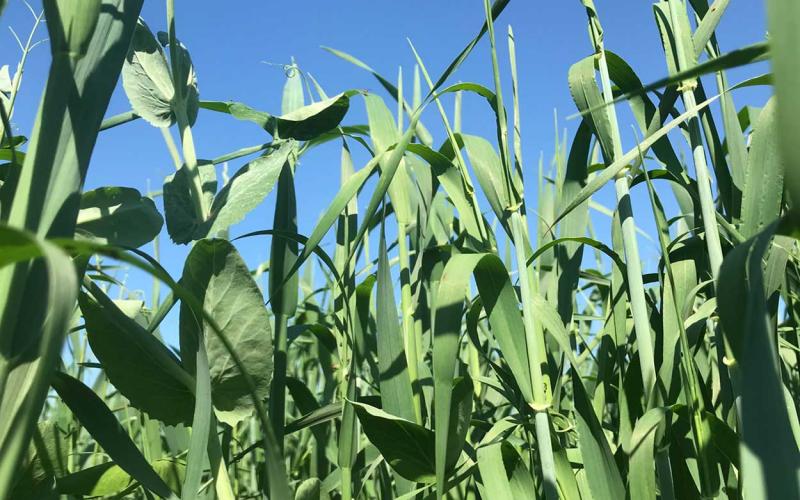
Cover Crop Considerations for 2020
Producers across South Dakota are harvesting small grains. These crops provide an excellent window for adding a cover crop into your rotation.